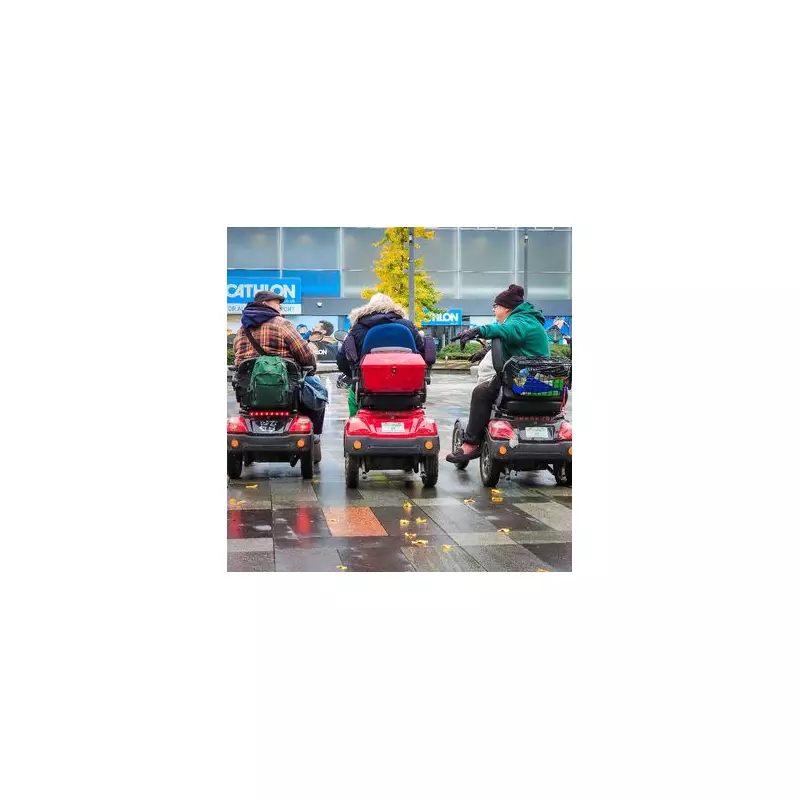
An urgent warning has been issued to the growing number of mobility scooter users across Britain, alerting them that they may be unintentionally breaking the law and facing penalties.
Daniel Swain, a mobility expert at the walking aids provider Seacroft Mobility, stated that many are "parking their scooters illegally without realising it". He emphasised that contrary to popular belief, these vehicles cannot be left anywhere a pedestrian might stand, and authorities have the power to issue fines or remove offending scooters.
Where You Cannot Park Your Mobility Scooter
The rules highlight several surprising locations where parking, even briefly, is prohibited. A key point of confusion is that parking in a disabled car bay is not allowed, even if the user possesses a Blue Badge. Daniel Swain clarified, "Those spaces are for cars, not mobility scooters."
Other forbidden zones include:
- Dropped kerbs and tactile paving: Parking here obstructs vital access routes for wheelchairs and prams.
- Shop doorways and narrow pavements: This can block access or fire exits, creating a safety hazard.
- Bus stops and taxi ranks: Even a short stop is considered an obstruction of a public transport route.
- Private land without permission: Locations like shopping centres and hospitals often have their own specific scooter parking rules.
How to Park Your Scooter Legally and Safely
To avoid penalties and ensure public safety, users are advised to follow simple guidelines. The core principle, according to Swain, is to "follow the same principles as parking a car - be considerate, be visible, and never block access."
Practical tips include:
Always ensure you leave at least one metre of clear pavement space for other pedestrians to pass safely.
When visiting supermarkets or shopping centres, look for designated scooter parking areas or ask staff for advice.
Always switch off the scooter, remove the key, and if possible, use a cable lock to secure it against theft.
Daniel Swain concluded, "Mobility scooters are a lifeline for independence, so the last thing anyone wants is to have theirs confiscated or damaged. It's not about being punitive, it's about safety and accessibility for everyone."






